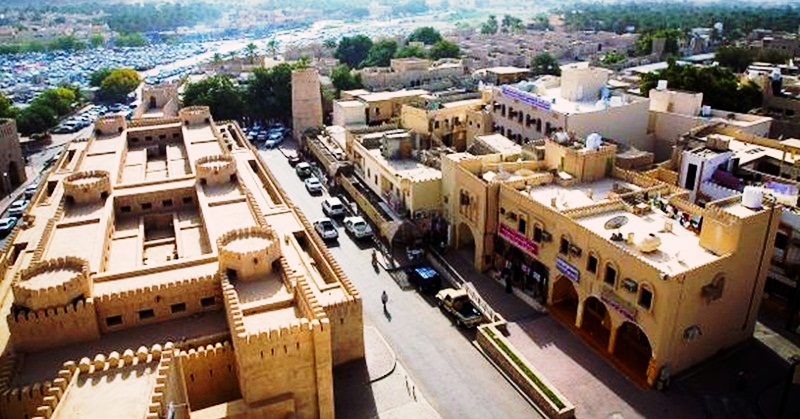Working in a foreign country may cause one to think of getting naturalised in order to maintain their way of living, which they’ve built in their host country. Working in a country such as Oman has plenty of benefits not only for citizens, but also for foreign nationals. However, with the recent changes in the region’s economic performance, foreign employment is being reduced in favour of nationals, who are also seeking to join the workforce.
Of course, the process varies from one country to another – and unfortunately, certain eligibility requirements are imposed to limit those who want to apply for citizenship, as in the case of Oman.

Gov’t Sets Application Fee for Omani Citizenship at RO 600
However, for those who are deemed eligible to apply for citizenship in Oman, the government has issued a decision (No 92/2019) on the executive regulations of the Omani Citizenship Law, which elaborates on the fees required for regaining, renouncing, and applying for citizenship, as shared in a report by the Muscat Daily.
As per the new decision issued by His Excellency Sayyid Hamoud bin Faisal al Busaidi, Minister of Interior, an RO 200 fee has to be paid to apply for regaining or renouncing Omani citizenship and RO 600 to apply for the citizenship.
Furthermore, an RO 300 has to be paid to apply for citizenship for an expatriate wife of an Omani, widowed or divorced.
When applying for citizenship, as in the case of a minor son of an Omani woman, the applicant must pay RO 300, based on a decision issued on June 2.
The update, though, is not for all, since obtaining citizenship in Oman is limited to children of nationals who emigrated before 1970.
These people, who are the only known foreign applicants of Omani citizenship, who seek for this benefit on a relatively consistent basis, may return to Oman and apply for citizenship through the Ministry of the Interior, but they are by no means guaranteed success. It is for this reason that the government´s citizenship policy has been viewed as extremely controversial.
In most cases, the government will grant only half a returning family citizenship. In others, it will not even grant some members of these families residence or work permits.
Meanwhile, for those who have no Omani heritage, their only chance at citizenship will be through marriage to an Omani national, and even then their application will probably be denied.
It is more common, however, for generous employers to reward loyal workers by providing them with work and residence permits of indefinite duration. Even still, there is a good chance this support will end when those workers retire.
Therefore, the outside chance of acquiring citizenship in Oman may be more trouble than the actual benefit this may offer, especially for those who do not have a direct relation to the country, and are only trying their chances at migration.
Nevertheless, Oman is still one of those countries, which, when given a good chance, people would enjoy living in, as the sultanate boasts of rich cultural heritage and history, as seen in the many beautiful places travellers get to enjoy even on short visits.
